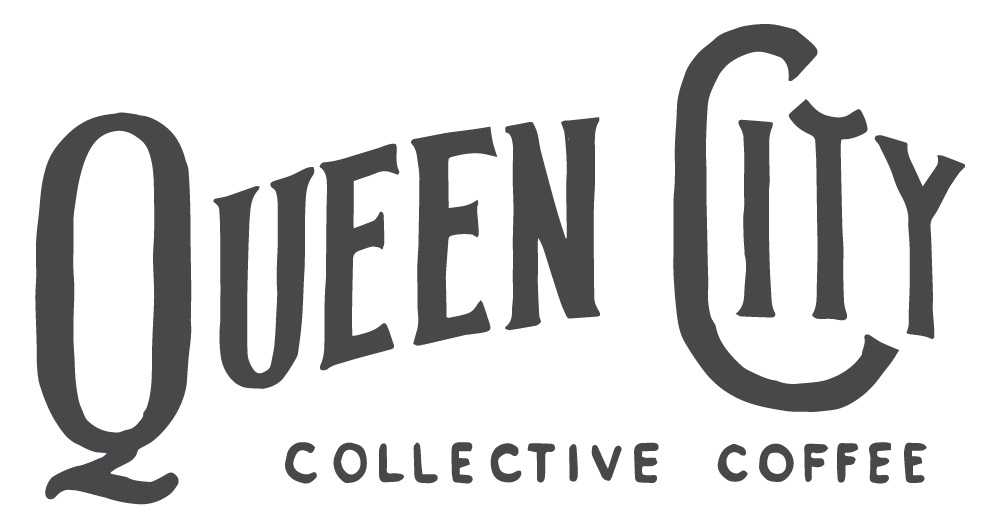DENVER, US – It might seem a long way from a Honduran coffee farm to a café in Denver, but the locations are closely connected: by a blockchain. The data trail guarantees local coffee drinkers get an authentic Central American cup of joe, while the farmers get paid extra for supplying the real thing.
Queen City Collective Coffee – which has coffee shops in Five Points and Baker – has joined with Denver-based international nonprofit, iDE, to support individual Honduran coffee farmers, who are threatened by climate change. At the same time, the shared-value partnership guarantees Denver consumers get to enjoy the highest quality coffee.
“The coffee has a sweet chocolate base to it,” says Queen City owner, Scott Byington, “But from there it becomes very complex. You have a lot of floral and citrus notes that come on at the end with a nice acidity as well. It’s a very well rounded, balanced cup of coffee.”
This month, during the lead up to Colorado Gives Day, on December 7, Queen City will donate 5 percent of its sales to iDE, which powers rural entrepreneurs to end poverty and operates in 10 developing countries across Central America, Asia and Africa.
When customers enter either Queen City store, they can pick up a flier telling the story of actual farmers Claudia and Juan Hernandez. The flier also features a QR code that leads to a web app linked to the blockchain where coffee drinkers can learn about Claudia and Juan, and other participating farmers, and follow the coffee from cherry tree to cup.
Byington, who owns Queen City with his brothers Luke and Eric, said coffee growing across the world faced a critical moment as climate change threatened crops, which only grew at particular temperatures and altitudes, and as young people in developing countries were leaving family farms, worried they didn’t have a future in the industry.
“Having a relationship with farmers, instead of relying on exporters and importers, gives us a direct connection to this agricultural product, allowing us to problem solve together. If farmers can’t produce, then we don’t have coffee to roast.”
iDE information systems director, Gordon Lau, said the blockchain – in this case provided by digital supply chain company Bext360 – added value to the Honduran coffee as key steps of the journey were tokenized in “blocks” and stored across a secure, transparent peer-to-peer computer network, guaranteeing its authenticity.
“Value is generated by the transparency and traceability of the product along the blockchain. This happens because consumers appreciate the connection to their coffee’s source and want to learn more. We want to capture and then transfer some of that value back to the farmer. At the end of the day, improving the lives of people in the developing world is what iDE is all about,” says Lau.
Lau said that armed with experience from this model, iDE was now investigating blockchain’s potential and expanding the number of companies and farmers it is linking together using this technology.
Claudia and Juan share in the blockchain’s value on three occasions: once when they sell their product to a Honduran social enterprise, Catracha Coffee Co., a second time as a seasonal bonus from the enterprise for producing high quality coffee, and a third time from Queen City, which sends a dollar from the sale of each 12-oz bag back to the community, where it is split between the farmers, laborers and a local emergency healthcare fund.
iDE began weaving blockchain into the coffee supply chain after winning a $20,000 grant from electronics solutions company, Arrow Electronics, made available through the Posner Center for International Development, where iDE has its headquarters, located in Five Points.
With 1,200 staff across the globe, iDE works in agriculture, sanitation, climate change resilience, and gender equality. It stands out in international development because it doesn’t simply hand out money or commodities.
Instead, iDE believes in powering small-scale entrepreneurs, such as coffee farmers in Honduras, by building robust market ecosystems that are financially competitive, resilient to changing climates, and inclusive of marginalized people.
Before starting Queen City in 2017, the Byington brothers ran a nonprofit in Zimbabwe dedicated to providing education to high performing children at risk of dropping out. They also worked in Rwanda, helping to bring healing to women left widowed and destitute by the 1994 genocide.
The brothers now source coffee ethically and responsibly from farmers and farmer cooperatives in Latin America and Africa, regularly traveling to meet personally with farmers, who are paid a fair price for their crop.
The annual Colorado Gives Day, run by the Community First Foundation, sees Coloradans come together to strengthen the community by helping power nonprofits. Participating nonprofits share in the $1 million-plus Incentive Fund, increasing the impact and value of every dollar donated.


















